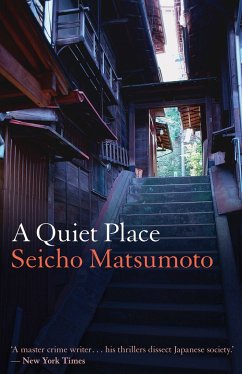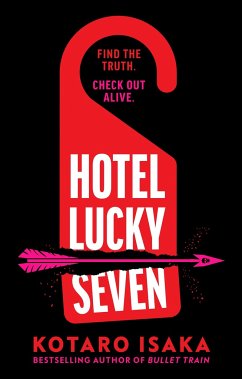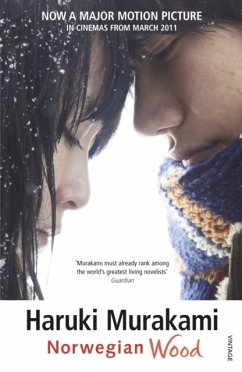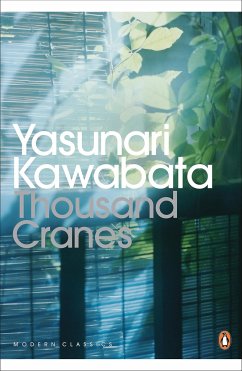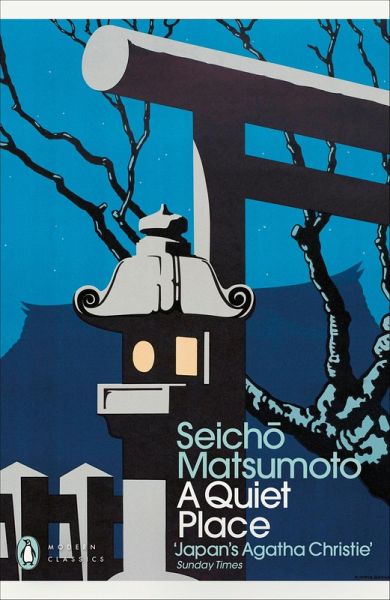
A Quiet Place
Versandkostenfrei!
Sofort lieferbar
9,99 €
inkl. MwSt.
Weitere Ausgaben:

PAYBACK Punkte
5 °P sammeln!
While on a business trip to Kobe, Tsuneo Asai receives the news that his wife Eiko has died of a heart attack. Eiko had a heart condition so the news of her death wasn't totally unexpected. But the circumstances of her demise left Tsuneo, a softly-spoken government bureaucrat, perplexed. How did it come about that his wife who was shy and withdrawn, and only left their house twice a week to go to haiku meetings ended up dead in a small shop in a shady Tokyo neighborhood?When Tsuneo goes to apologize to the boutique owner for the trouble caused by his wife's death he discovers the villa Tachiba...
While on a business trip to Kobe, Tsuneo Asai receives the news that his wife Eiko has died of a heart attack. Eiko had a heart condition so the news of her death wasn't totally unexpected. But the circumstances of her demise left Tsuneo, a softly-spoken government bureaucrat, perplexed. How did it come about that his wife who was shy and withdrawn, and only left their house twice a week to go to haiku meetings ended up dead in a small shop in a shady Tokyo neighborhood?When Tsuneo goes to apologize to the boutique owner for the trouble caused by his wife's death he discovers the villa Tachibana near by, a house known to be a meeting place for secret lovers. As he digs deeper into his wife's recent past, he must eventually conclude that she led a double life...




